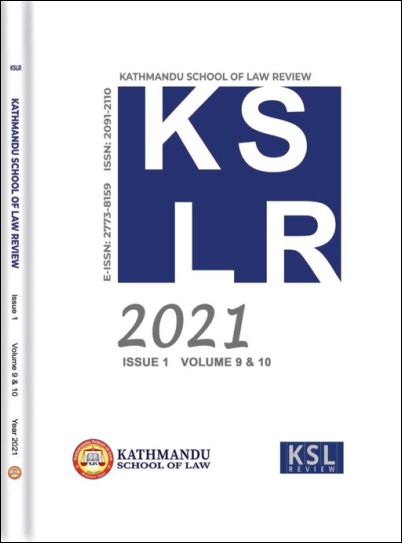Nepal’s Diplomatic Efforts to Protect the Rights of Nepali Migrant Workers in the Gulf Cooperation Council (GCC) Countries during the COVID-19 Pandemic: Lessons for the Future
Keywords:
labor migration, migrant workers, diplomacy, diplomatic tools, COVID-19 pandemic, ad hoc toolsAbstract
Labor migration in Nepal largely consists of ‘blue-collar’ workers traveling to foreign countries, especially the Gulf Region, for employment. In spite of domestic as well as international legal mechanisms guaranteeing their safety, their stay in these countries has met with issues of gross human rights violations. This spectacle escalated further during the COVID-19 pandemic. Among the different ways the Nepal Government approached to deal with this matter, this paper concerns the diplomatic approach. It examines the pre-existing as well as ad hoc diplomatic tools that were at the disposal of and utilized by the Nepali state during the first months of the COVID-19 pandemic to make the GCC countries more accountable towards the issues of Nepali migrant workers. It comments on the performance of such tools and concludes by making recommendations for a more proactive diplomacy to address the issues of migrant workers in times of crises.
Downloads
Downloads
Published
How to Cite
Issue
Section
License
Copyright (c) 2021 Kathmandu School of Law

This work is licensed under a Creative Commons Attribution 4.0 International License.
© Kathmandu School of Law

